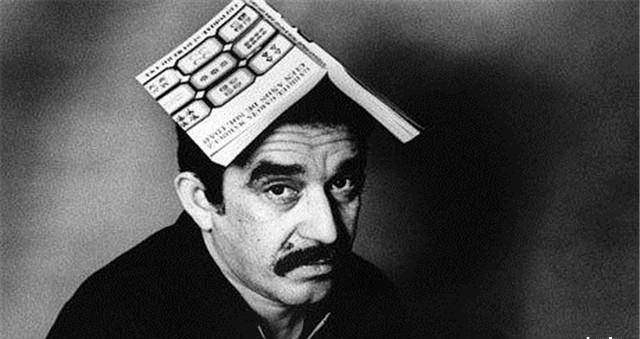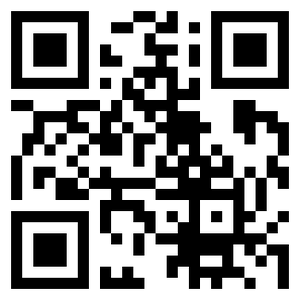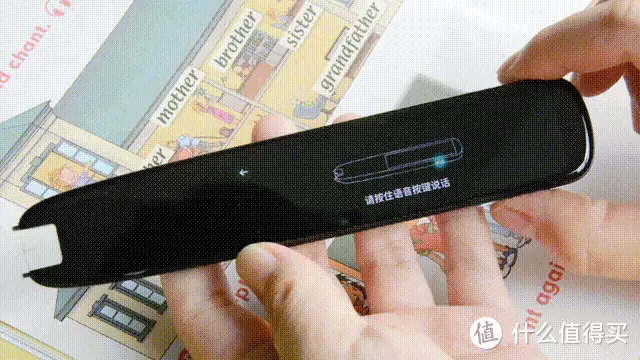美国人最喜欢说的一句话(美国人喜欢说什么)
美国人常用的习语丰富多样,很多习语在字面意思与实际含义上存在显著差异,这也常常导致非英语母语者在使用时产生误解。以下是10句美国人常用的习语,这些习语可能99%的中国人会说错或误解其真正含义:
Piece of cake:字面意思是“一块蛋糕”,但实际含义是“轻而易举的事”或“非常简单”。
例如
The test was a piece of cake.
这次考试很简单。
Cost an arm and a leg:字面意思是“花费一条胳膊和一条腿”,但实际上用来形容某物“非常昂贵”。
例如That new car costs an arm and a leg.
那辆新车太贵了。
Break a leg:听起来像是诅咒人摔断腿,但在英语中却是“祝你好运”的意思,尤其用于演出或考试前。
例如
Break a leg tonight at your performance!今晚演出祝你成功!
Hit the books:并非真的“打书”,而是指“用功学习”或“开始学习”。
例如,
I need to hit the books for my exam tomorrow.
我需要为明天的考试复习了。
Let the cat out of the bag:直译为“把猫从袋子里放出来”,但实际上意味着“泄露秘密”或“说漏嘴”。
例如
He accidentally let the cat out of the bag about the surprise party.
他不小心泄露了惊喜派对的秘密。
Hit the nail on the head:意指“精确无误”或“正中要害”。
例如
Your solution hit the nail on the head.
你的解决方案正中要害。
You cant judge a book by its cover:直译为“不能通过封面来判断一本书”,实际含义是“不能以貌取人”。
例如
He may look rough, but hes actually a very kind person. You cant judge a book by its cover.
他外表可能看起来粗犷,但实际上是个非常善良的人。不能以貌取人。
Bite off more than you can chew:字面意思是“咬下了比自己能嚼的还多”,实际上是指“承担了过多自己无法胜任的任务”。
例如
He bit off more than he could chew when he agreed to lead the project alone.
他独自承担这个项目,真是眼大肚小。
Scratch someones back:并非真的“挠别人的背”,而是指“互相帮忙,投桃报李”。
例如
I helped him with his move, and he scratched my back by covering my shift at work.
我帮他搬家,他就在工作上替我顶班作为回报。
You bet:并不是真的在打赌,而是表示“当然,一点也没错”或“你完全可以相信”。
例如
Is it raining outside? You bet it is!
外面下雨了吗?当然,是的!
这些习语在英语日常交流中非常常见,理解它们的真正含义对于提高英语交流能力至关重要。









